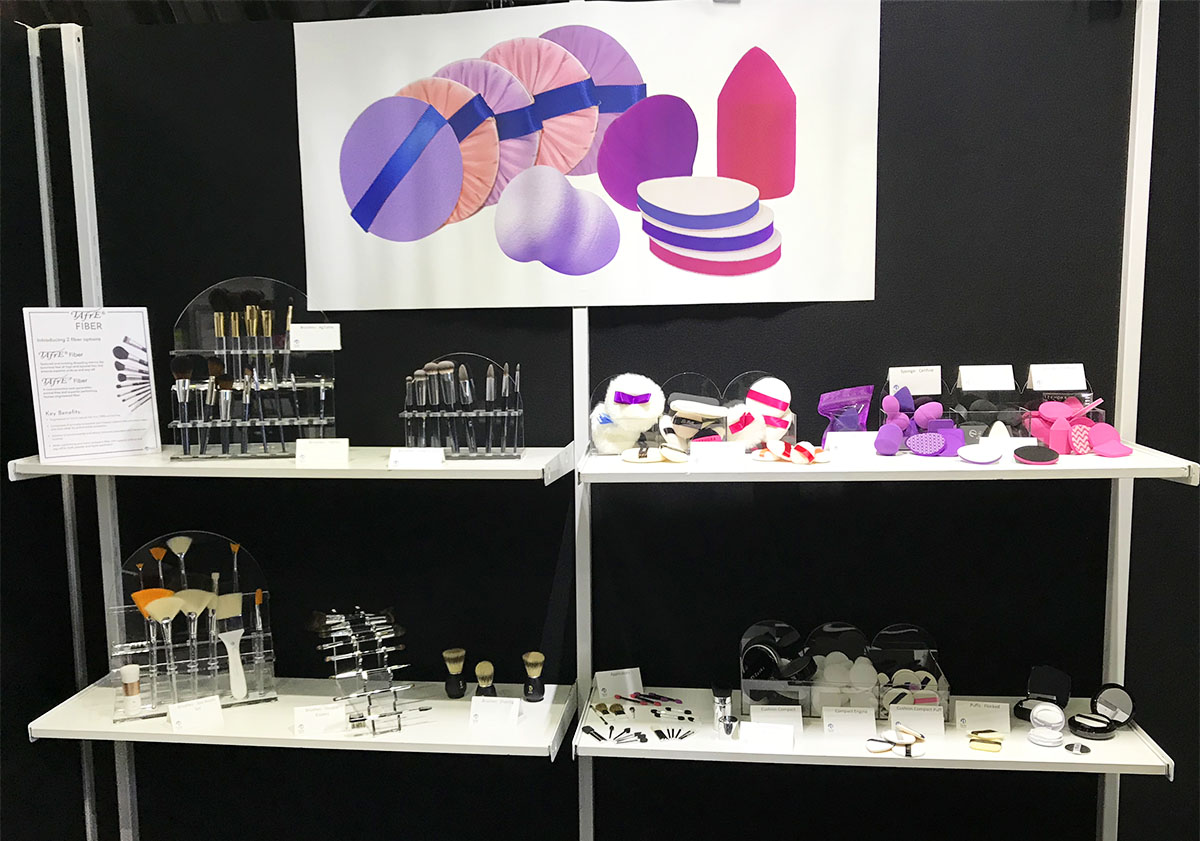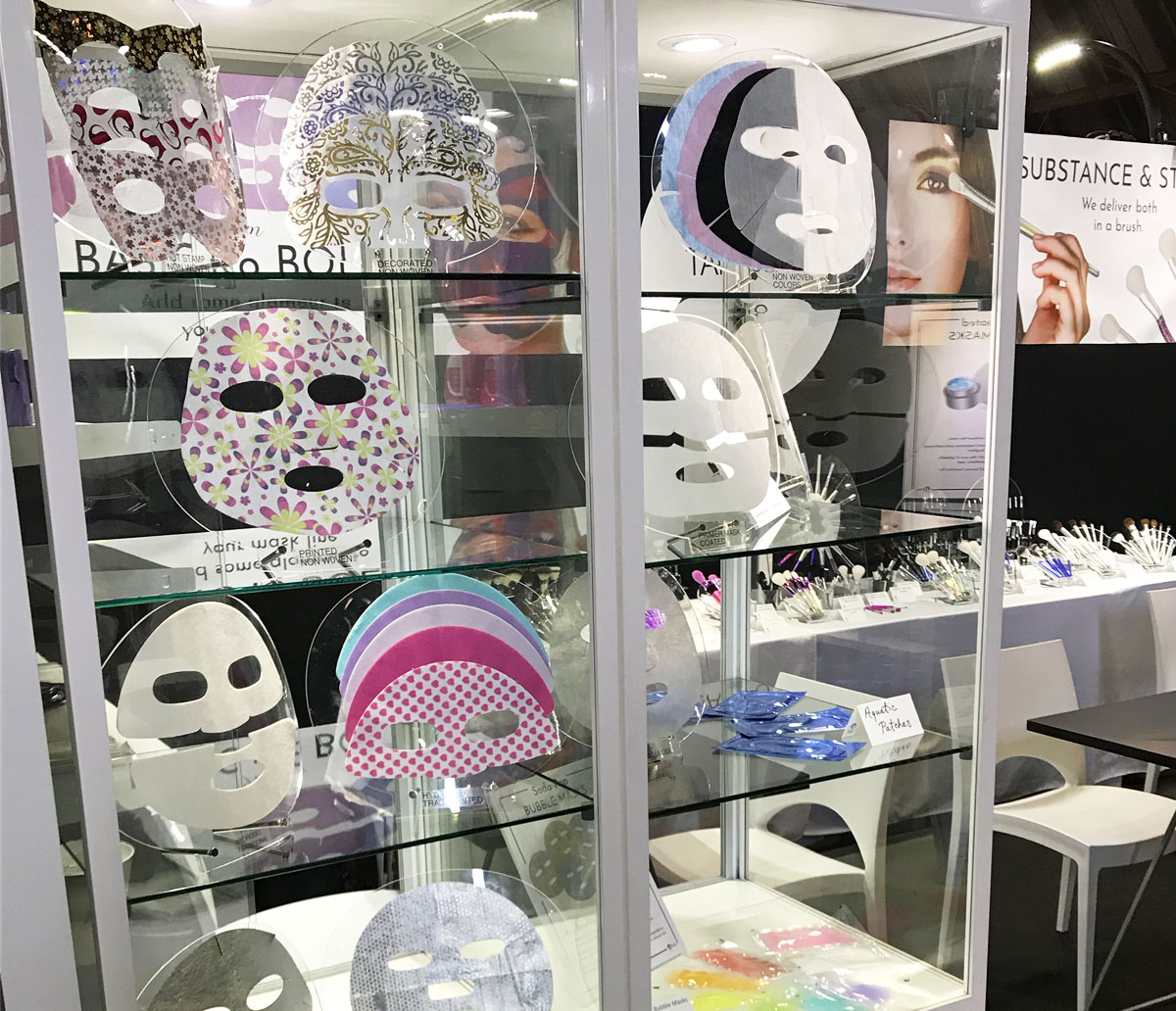
While the weather may have been cool and dreary during this year’s MakeUp in Los Angeles (MULA) trade show, on the exhibit floor it was all about beauty and skincare solutions that help brands make their customers glow.
As a leading manufacturer of skincare and makeup tools and products, we love attending the global events hosted by MakeUp In because it’s a great way to see what’s new today and what’s emerging tomorrow.
Here’s a recap of our top takeaways from their latest event.
Brands Should Take a Customer-Centric Approach
There was a heavy focus on taking a customer-centric approach: How can brands identify and connect with their customers? The rise of inclusivity and empowerment are major social movements influencing both the skincare and beauty industries. People everywhere are looking for solutions that help them embrace who they are and flaunt it unapologetically.
It’s this trend that has enabled independent brands that focus heavily on inclusivity to rise up and become major players. TaikiUSA is a supply chain partner for HUE for Everyman, a hair and skincare line created for the unique needs of multicultural men. We were so proud to see this brand represented on the panel at MULA, sharing their story of their entrance into retail and how they are continuing to expand their brand.
Customers overall are seeking universal products that can work with varying ages and ethnicities. There’s a related demand for more multi-functional tools and products. For example, skincare products that can also act as foundation, or double-headed makeup brushes.
Green, Clean and Natural Cosmetics
There was also an emphasis on rise of natural and clean cosmetics that leverage organic ingredients and green packaging. This demand for natural products is being led by younger consumers, which indicates that this market will only continue to grow. In fact, a recent brief from Hamacher Resource Group and Linkage Research states that 50% of skincare consumers are currently seeking products that claim to be all-natural or free of synthetic chemicals.
To meet this trend and attract this clientele, look to green packaging options and formulas made with edible ingredients.
Experimental Millennials Are Ready to Try Something New
Millennial consumers have strongly contributed to the rise of the sheet mask market in the United States. These customers tend to have more disposable income to spend on personal fashion, use and care and are looking to try new things that play into what’s known as fast-fashion. This is where customers look for products that solve specific skincare challenges or meet on-demand needs – even if that need is to feel pampered with 20 minutes of me-time.

Innovations like tea-infused masks are a great example. The mask comes in a double sachet with tea on one side and a mask on the other. The customer removes the tea bag and steeps with the mask, infusing it with the tea’s natural herbs and antioxidants, then applies to receive the benefits. This is the kind of experiential skincare product that customers seek – just make sure that your product provides actual benefits and aren’t simply gimmicks that are unlikely to satisfy your customers.
Brands can meet this trend by creating a sensory experience using unique textures, shapes and more. Facial sheet masks are the perfect medium for this and already work extremely well to meet fast-fashion needs. Look to create a wide line of masks that leverage different materials, patterns and formulas to offer plenty of innovative choice for your experimental consumers.